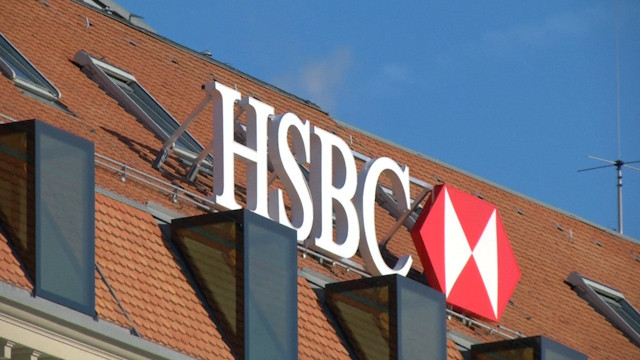HSBC tax scandal: Is there any appetite for prosecution?

As HSBC begs forgiveness and government ministers continue their eye-poking competition, will anyone be prosecuted over these high-profile attempts to hide money from the authorities?
Traditionally, big banks embroiled in high profile tax investigations of this sort pay their way out of trouble via billion-dollar deferred prosecution agreements.
Individuals at the bank could face prosecution, however. If bankers from HSBC Switzerland travelled to the UK to advise clients on how to evade taxes - as was alleged in the BBC Panorama investigation - that would give the UK jurisdiction, according to lawyers cited in a recent Reuters report. Similar claims are reported in a source, interviewed by Swiss newspaper Tages-Anzeiger.
In this respect the UK would be following in the footsteps of US prosecutors who pursued claims that Swiss bankers from UBS organised covert trips to the US to target high net worth individuals at art fairs and auctions.
The Panorama investigation also mentioned lurid activities involving drug dealers and known criminals. So could activities at the bank be classed as predicate offences to money laundering, for example?
Defrauding the Crown in the UK
Lee Sheppard of Tax Analysts told IBTimes: "HMRC and the Crown Prosecution Service think the answer is yes, but it is more nuanced. Defrauding the Crown in the UK is clearly a predicate offence; so British government would have to argue that tax evasion assistance defrauds the Crown.
"[HSBC's] blatant failure to implement proper anti-money laundering controls facilitated the laundering of at least $881m in drug proceeds through the US financial system"
"However, defrauding a foreign revenue isn't so clear. It would be contrary to the Revenue Rule (the historic refusal to enforce other country's tax laws enshrined in Government of India v Taylor) to recognise fraud on a foreign revenue as a predicate offence.
So it would depend on which government HSBC's clients were cheating out of taxes," said Sheppard.
In the US HSBC paid almost $2bn (£1.3bn, €1.75bn) to secure a deferred prosecution agreement (DPA) over its failure to establish proper procedures to prevent money laundering by drug cartels and terrorists.
Commentators in the US were outraged that despite the bank's "willful flouting of US sanctions laws and regulations" no criminal penalties have been assessed for any executive who may have been involved.
In addition, the DOJ stated that HSBC's "blatant failure to implement proper anti-money laundering controls facilitated the laundering of at least $881m in drug proceeds through the US financial system".
Answering questions in light of the disclosed Herve Falciana tax files, US Attorney General nominee Loretta Lynch pointed out that the DPA does not cover tax evasion.
Lynch said: "I want to reiterate, particularly in the context of recent media reports regarding the release of HSBC files pertaining to its tax clients, that the DPA reached with HSBC addresses only the charges filed in the criminal violations of the Bank Secrecy Act for failures to maintain an adequate anti-money laundering program and for sanctions violations."
Lynch appeared to be saying some actual prosecutions could be in the pipeline for HSBC – if she is confirmed that is.
Will anyone face prosecution at HSBC?
Meanwhile, IBTimes UK canvassed a range of tax partners at top city law firms for their opinions on whether anyone might face prosecution at HSBC, and under what circumstances. But the people we contacted either said they were conflicted so could not help, or didn't respond.
The Crown Prosecution Service and HMRC did not respond.
Many of the tax dodgers door-stepped by Panorama have brought their tax affairs into order by joining a generous tax agreement with Liechtenstein set up in in September 2009.
The Liechtenstein Disclosure Agreement (LDF) offers more favourable terms than other tax investigations, with participants normally receiving a fine of 10% of tax due instead of 100%, with tax interest and penalties only sought for the previous 10 years rather than the previous 20 years.
Sheppard said: "The LDF is a wide open agreement. You can take your sleazy money away, stick it in bank in Lichtenstein and then join the agreement."
Alternatively, the client could move their assets to another Swiss bank, or switch to another private bank branch in a jurisdiction like Singapore - one of the "safer" off-shore centres.
© Copyright IBTimes 2025. All rights reserved.






















